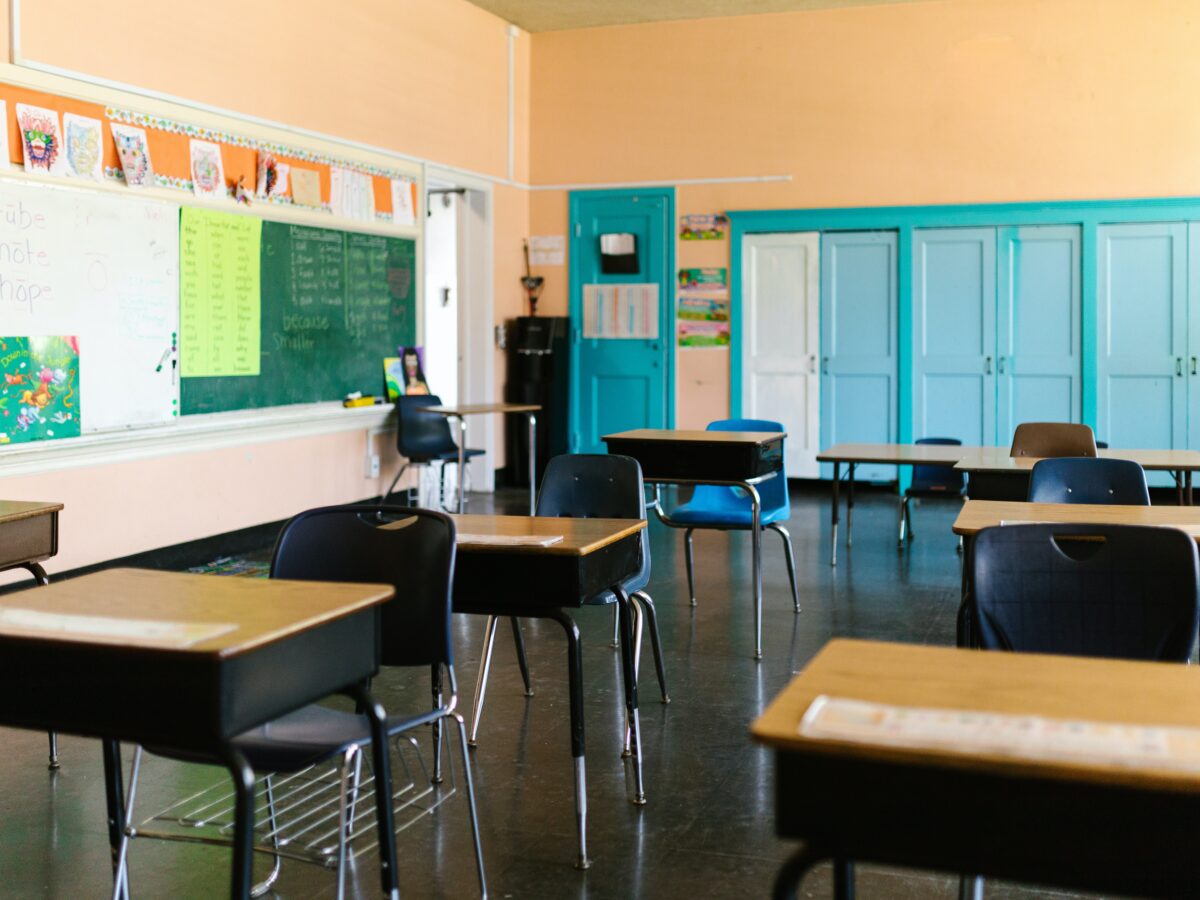

|
|
More than 10 years ago, the General Assembly unanimously passed a new school discipline law that was heavily vetted by stakeholders. The 2011 law sought to reduce the use of long-term suspension and expulsion and ensure consistent suspension policies across the state.
House Bill 188 undermines those efforts by attempting to remove critical guidance from the law about what student conduct is not appropriate for long-term suspension. Long-term suspension and expulsion are intended for serious violations of the student code of conduct. HB188 would remove the portion of the law that specifies that certain conduct — inappropriate or disrespectful language, noncompliance with a staff directive, dress code violations, and minor fights that do not involve weapons or injuries — does not qualify as a serious violation.
Even if you believe that something like a dress code violation can rise to the level of a major violation, the answer is certainly not a long-term suspension. Our current law already gives principals the discretion to treat these minor violations as serious violations when there are aggravating circumstances, but by including the examples our law makes clear that these behaviors alone are not serious enough to warrant a long-term suspension.
And with good reason. Long-term suspensions are serious. A long-term suspension is a minimum of 10 days out of school. That is two full weeks — 5% of the entire school year. The amount of academic material missed in two weeks is significant. Moreover, suspensions cause a number of negative consequences including higher risk of school avoidance, academic failure, repeating a grade, dropping out, behavior problems, substance use, and court involvement.
The need to protect non-disruptive students is often the justification for the use of exclusionary discipline practices like suspension and expulsion. There is a tendency to believe that “disruptive” students must be removed from the classroom for other students to be able to learn, but this is not supported by research (U.S. Commission on Civil Rights, National Education Policy Center, National Bureau of Economic Research, LiCalsi et al., Lacoe and Steinberg). Research shows that suspensions do not reduce classroom disruptions because they do not address or remedy the underlying behavior, nor do they act as a deterrent for the suspended or non-suspended students. Suspensions also do not improve academic outcomes for the non-suspended students or improve perceptions of a positive school climate. Exposure to low-level classroom misconduct does not have an association with peer achievement. In fact, attending a school with high suspension rates has a negative impact on later-life outcomes for all students, and schools with high suspension rates have lower achievement scores regardless of student demographics.
For students with disabilities, who are more likely to be subject to long-term suspension and expulsion, behaviors such as inappropriate language or noncompliance with staff can be a manifestation of their disability, rather than intentional misconduct, and federal discipline protections for students with disabilities do not insulate them from the harms of the long-term suspension provision of HB188. Suspending them for this behavior will not teach them appropriate replacement behaviors and may exacerbate the underlying causes of their disruptive conduct. For example, if the student’s goal is to get out of the classroom, exclusionary discipline reinforces that behavior and does not address the root cause of why the student wants to avoid the classroom (e.g. bullying, struggling academically).
Acknowledging that suspensions cause harm and do not serve their intended purpose does not mean we can’t have safe school environments conducive to learning. There are evidence-based alternatives to suspensions that we know work much better than exclusionary discipline.
Some examples of evidence-based strategies for responding to student misbehavior include Positive Behavior Interventions and Supports (PBIS), the School Responder Model, Youth Mental Health First Aid, and restorative justice (School Justice Partnership Toolkit). Schools that use evidence-based positive discipline practices have better student achievement results overall and have reported a decrease in discipline referrals by 20-60%. For example, when implemented district-wide, PBIS has been shown to improve academic performance; decrease office discipline referrals, suspensions, and incidents of restraint; reduce bullying behaviors; and improve teacher outcomes. A 2012-13 North Carolina PBIS Initiative found that the schools that participated had lower rates of out-of-school suspensions compared to other schools.
Given all this, exclusionary discipline — especially extreme forms like long-term suspension and expulsion — should not be used lightly, and if used, should be reserved for the most serious offenses. That is the principle underlying our current school discipline laws. Unfortunately, this principle is undermined by House Bill 188.





